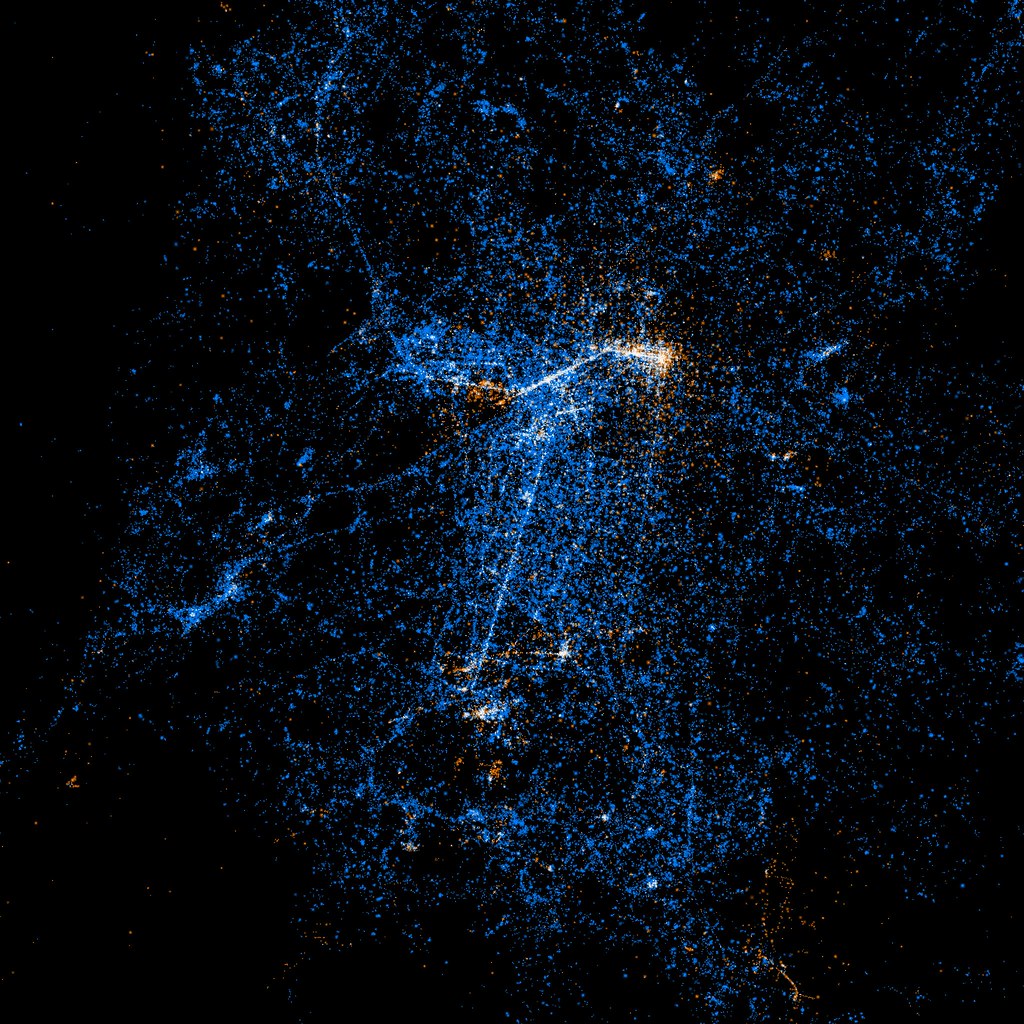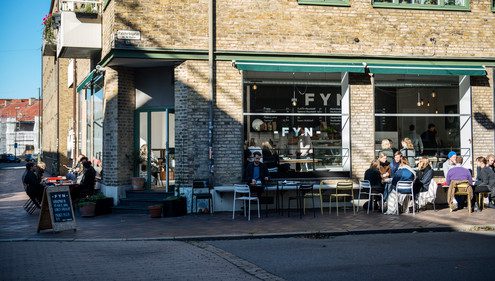
In the last webinar of the course that I’ve been taking this semester—Collaborative Learning in Digital Learning Environments—we were asked to reflect on lessons learned and future practice. While the course managed to meet its learning outcomes and provided us with meaningful activities to develop a variety of cognitive processes across Bloom’s taxonomy, it was less successful in engaging with critical pedagogy and critical perspectives (see, for example, Brookfield, 2012; hooks, 2010). While, of course, it could be argued that the purpose of the course was digital learning environments, we can’t ignore, as Anderson (2011: 46) argues, that “online learning is but a subset of learning in general – thus, we can expect issues relevant to how adults learn generally to also be relevant in an online learning context.”
Midway through the course—inspired by Wenger’s (2010) argument that learning is produced at the intersection of social structure and identity—I noticed the lack of diversity in our syllabus. Most of the authors we had engaged with up to that point were white males from the USA and Canada. The problem, of course, was not only where had all the female authors gone, but also a lack of interaction with the work of academics of color. If a “community of practice” (Wenger in Anderson and Dron, 2014) learns from each other, what perspectives were we missing by not engaging with a diversity of authors in terms of gender, ethnicity, and geographical location? A lack of diversity in the course in question is but a symptom of a bigger challenge: the need to decolonize higher education. As I look forward to putting to use the skills that I learned in this course within the context of Urban Studies, I would like to share a few reading tips for those that also consider we should not forget about critical pedagogy when talking about digital approaches.
| Reading tips: exploring critical pedagogy |
|---|
| Adam T (2019) Digital neocolonialism and massive open online courses (MOOCs): colonial pasts and neoliberal futures. Learning, Media and Technology 44(3):365-380. DOI: 10.1080/17439884.2019.1640740 |
| Bhambra GK, Gebrial D and Nişancıoğlu K (2018) Decolonising the University. London: Pluto Press. |
| Grosfoguel R, Hernández R and Rosen Velásquez E (2016) Decolonizing the Westernized University. Interventions in Philosophy of Education from Within and Without. Lanham: Lexington Books. |
| Iseke-Barnes JM (2008) Pedagogies for Decolonizing. Canadian Journal of Native Education 31(1): 123–148. Available at: http://dx.doi.org/10.1016/j.jaci.2012.05.050. |
| Mbembe AJ (2016) Decolonizing the university: New directions. Arts and Humanities in Higher Education 15(1): 29–45. DOI: 10.1177/1474022215618513. |
| Mclean J (2021) ‘Gives a physical sense almost’: Using immersive media to build decolonial moments in higher education for radical citizenship. Digital Culture & Education 13(1): 2021–2043. |
| Sultana F (2019) Decolonizing Development Education and the Pursuit of Social Justice. Human Geography 12(3): 31–46. DOI: 10.1177/194277861901200305. |
References
- Anderson T (2011) The Theory and Practice of Online Learning. Edmonton: AU Press, Athabasca University.
- Anderson T and Dron J (2014) Teaching Crowds: Learning and Social Media. Dron J and Anderson T (eds). Edmonton: AU Press, Athabasca University.
- Brookfield SD (2012) Teaching for Critical Thinking: Tools and Techniques to Help Students Question Their Assumptions. San Francisco: John Wiley & Sons, Incorporated.
- hooks b (2010) Teaching Critical Thinking: Practical Wisdom. New York and London: Routledge.
- Wenger E (2010) Communities of practice and social learning systems: The career of a concept. In: Blackmore C (ed.) Social Learning Systems and Communities of Practice. London: Springer, pp. 179–198. DOI: 10.1007/978-1-84996-133-2_11.
Featured image: “See something or say something: Mexico City” by Eric Fischer is licensed under CC BY 2.0
